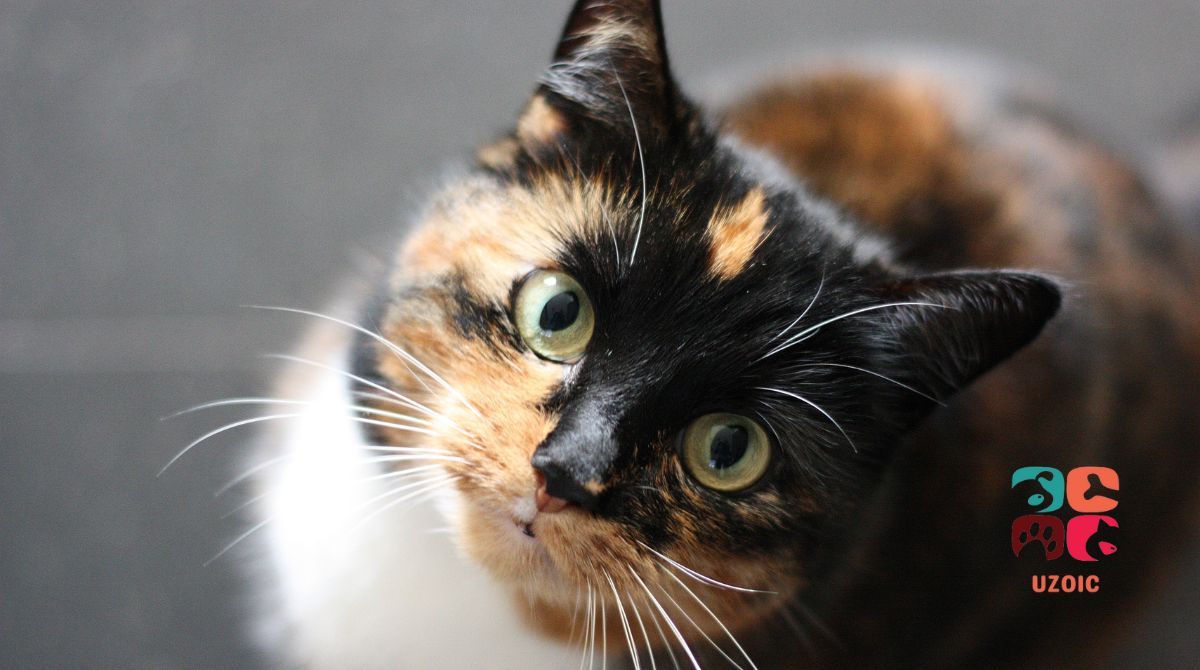When it comes to the mysterious world of felines, the range of vocalizations they produce is as varied as their enigmatic behaviors. While the quintessential “meow” is familiar to most cat aficionados, some cats present their owners with an intriguing auditory puzzle: the squeak. Why does this happen, and what does it signify? This article delves into the science and nuances behind the squeaking phenomenon.
Table of Contents
1. The Vocal Spectrum of Cats
Cats possess a unique vocal apparatus that allows them to produce a vast array of sounds. From purrs to growls to chirrups, each sound serves a specific purpose in their behavioral repertoire. The variability in sound can be influenced by genetics, anatomy, and even individual temperament.
2. Evolutionary Communication Adaptations
Cats, particularly domestic ones, have refined their vocalizations over time, primarily to communicate with humans. While their wilder counterparts might not be as vocally expressive, domestic cats have learned to vocalize in a manner that garners attention, and a squeak might just be one such adaptation.
3. Lifespan Vocal Changes
Much like humans, cats undergo changes in their vocal cords as they age. Kittens often produce squeaky, high-pitched sounds. As they grow, these sounds can change, becoming deeper or more resonant. Some cats, however, retain their kitten-like squeak, making it a lifelong characteristic.
4. Health and Vocalizations
A sudden change or alteration in a cat’s usual vocalizations should always be noted. If a cat that typically meows starts to squeak persistently, it could be indicative of health issues such as respiratory infections, dental problems, or other physical discomforts. In such cases, a prompt veterinary consultation is advisable.
5. Emotional Undertones
Emotions play a significant role in shaping a cat’s vocalizations. A squeak might be an expression of excitement, mild stress, or even curiosity. By observing the context in which these sounds are made — like when they’re staring at birds outside the window or during play — one can glean insights into their emotional state.
6. Breed-Specific Vocal Traits
Certain cat breeds are predisposed to unique vocal expressions. Siamese cats, for example, are known for their distinct and loud vocalizations. Owning such a breed might mean experiencing a broader spectrum of sounds, including the occasional squeak.
7. A Bid for Attention
Cats are remarkably observant creatures. If they notice a particular sound, like a squeak, elicits a quicker response from their human counterparts, they might adopt it as a preferred mode of communication.
Conclusion
The squeak, while not as universally recognized as the meow, is a legitimate and fascinating aspect of a cat’s vocal repertoire. While often it’s merely an endearing quirk, being attentive to changes and understanding the potential reasons behind them is crucial for any responsible cat owner. Recognizing and interpreting these sounds not only enhances our bond with our feline friends but also ensures their well-being and happiness.


